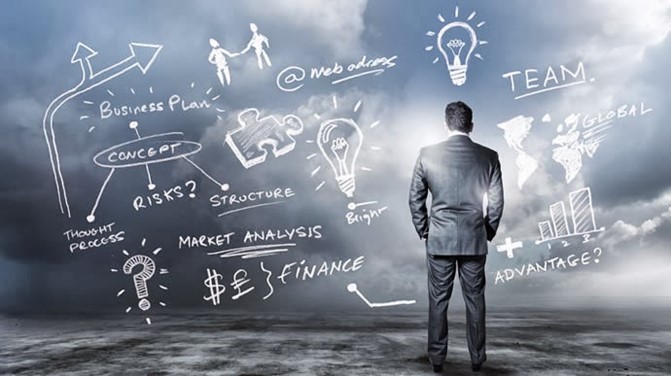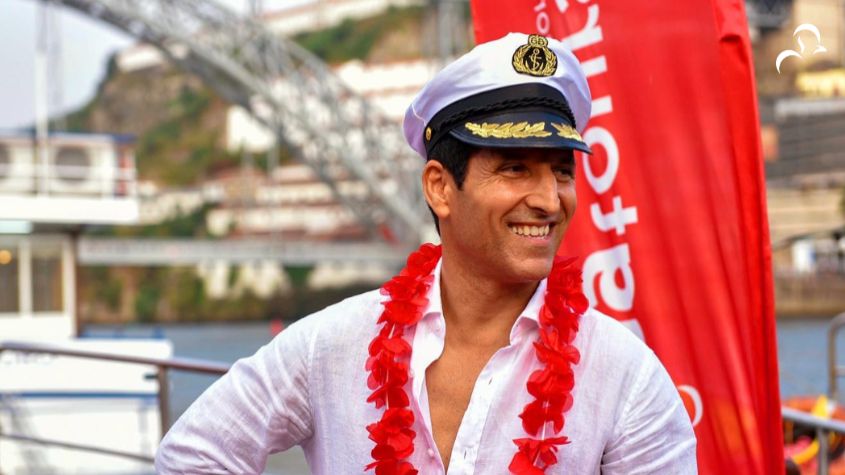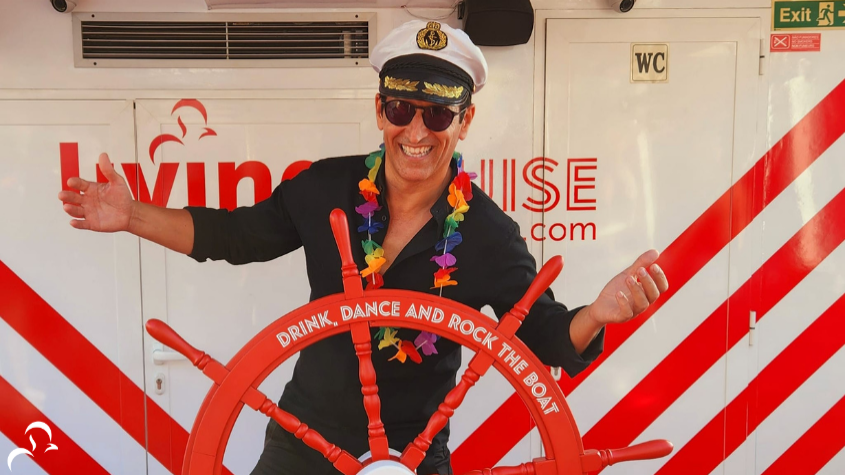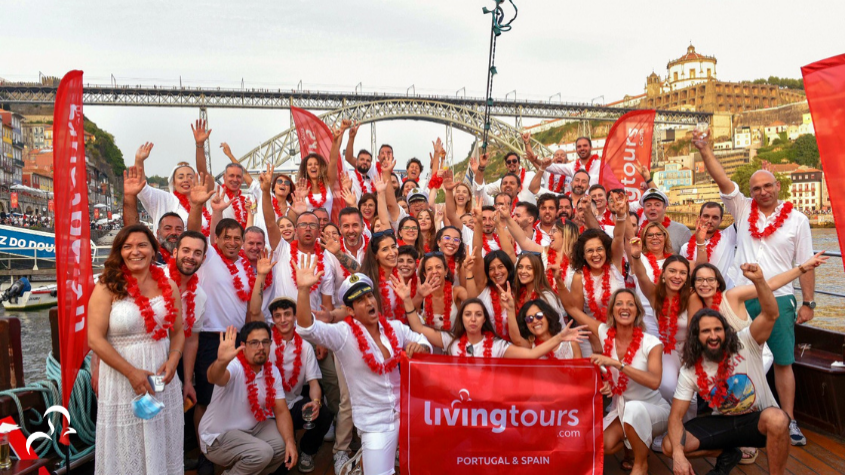
The challenge for Modern Leadership
According to Chinese philosopher Lao Tse:
"The best of all leaders is the one who helps his followers so that they no longer need him".
Esta afirmação tem milhares de anos, mas mantem-se completamente atual nos dias de hoje. A verdade é que o conceito proposto por Lao Tsé tem sido ao longo dos anos assimilada e no início do seculo XXI tornou-se mais atual que nunca.
This statement is incredibly old, but it remains completely updated today. The truth is that the concept proposed by Lao Tse has been embraced over the years and at the beginning of the 21st century it became more present than ever.
More And More, management experts and entrepreneurs are highlighting the new skills needed by a leader with a capital "L", which permeate more the human and people management side than the results-oriented technical side:
Knowing how to listen, being tolerant to mistakes, leading by example, working in a team and in a collaborative way are just some of them.
The old economy was centred on cost, based on the sum: price raw material plus cost plus margin, and the basis for creating a company where tangible items such as money, facilities, and products. The focus was on production, the supply of goods or services.
In the 21st century, the Internet bubble boom, globalization, the fall of borders, the democratization of information, new technologies, and a generation named Millennials began to question the management models practiced by companies.

The new economy is focused on the customer, not on the product or service offered.
The equation to be respected is now: Value equals to client plus intellectual capital. Thus, the basis for value creation is formed by intangible elements, such as the ability to capture the intelligence of employees and the needs of customers. The decisive factor of success is the generation of value.
This new scenario has brought a new range of skills required to contemporary leaders as a commitment to balance between personal life and work, sustainability, and the well-being of employees. Opposite to the past, the executive of the 21st century must learn all his life and cannot focus only on technical knowledge, but increasingly value humanist training and emotional intelligence.

From a general look, it became clear the differences between leadership and management today:
- Leadership: focuses on helping people to understand where the company goes, where it wants to go and how and what will do to achieve its goals.
- Focused on the team;
- Works with culture and vision;
- Supports people development;
- Needs and searches for self-knowledge;
- Management: it relies on the understanding of what needs to be done to adjust the route and achieve the objectives.
- Gives priority to duties;
- Works with goals;
- Develops and maximize processes;
- Needs and applies a method

Principles of the new Leadership:
- To take care of productive coexistence and to watch over the permanent practice of shared values;
- To spin the pacts of trust, cooperation and co-responsibility;
- To lead is a rigorous exercise of ethics:
- Ethics in the sense of respect for the individuality and the proper way of being of people and situations;
- Ethics in the sense of participation in the development and use of the singular possibilities of people and circumstances.
- o Ethics in the sense of seeking the common good and responsibility for the consequences of their choices and acts.
A Harvard Business Review desenvolveu, em 2016, o estudo: “The Most Important Leadership Competences, Accordinh to Leaders, Around the World” - As mais importantes competências para um líder, de acordo com líderes à volta do mundo, onde identificaram cinco papéis que as lideranças precisam executar com habilidade:
Harvard Business Review developed in 2016 the study: "The Most Important Leadership Competences, According to Leaders, Around the World" - where they identified five roles that leaders need to perform with talent:
- Creating a safe environment - An atmosphere of trust and respect is fundamental for good business performance. When people trust leadership, they tend to share new ideas and communicate freely. This behavior opens doors for the creation of an innovative and collaborative work environment.
- Empowering people to change - Leaders are motivated by goals. The best leaders define goals of how to achieve them with clear guidelines. They then empower their teams to make the decisions necessary to achieve the goal. A workforce with power will be more productive, more motivated to work well and will have greater satisfaction in what they do.

- Connect with the organization - High performance leaders directly impact the development of a unified and connected company. The best leaders promote open communication and strive for feelings of success and failure to be shared by all. When employees feel they are also responsible for the group's success, they demonstrate more proactivity and involvement. On the other hand, if there is no clear leadership in this direction, they tend not to reach their maximum potential.
- Promoting organizational learning - Successful leaders demonstrate flexibility, are open to new ideas and continuously try to improve working conditions for everyone, regardless of position. Ensuring a safe environment for experimentation exercises to occur, with mistakes and successes, is one of the punctual aspects of organizational learning. When people realize that they are free to test new ideas and that they will not be punished if something goes wrong, they tend to take more risks. It is worth remembering that it is these mistakes that cover the way for innovation and increase competitive advantage.

- Encourage individual development - A company's long-term success depends, among other things, on good leadership and continuous improvement. Therefore, it is up to the leader to commit to the continuous training of employees at all levels. Leaders who invest in the growth of people in the organization are rewarded with higher rates of performance and commitment to the company.
This is the Leadership in which we believe in Living Tours and is practiced by Managers and Leaders in our organization's daily routine.
Did you like it?
Average votes: 3.60 of 5
Go Back to the Blog












